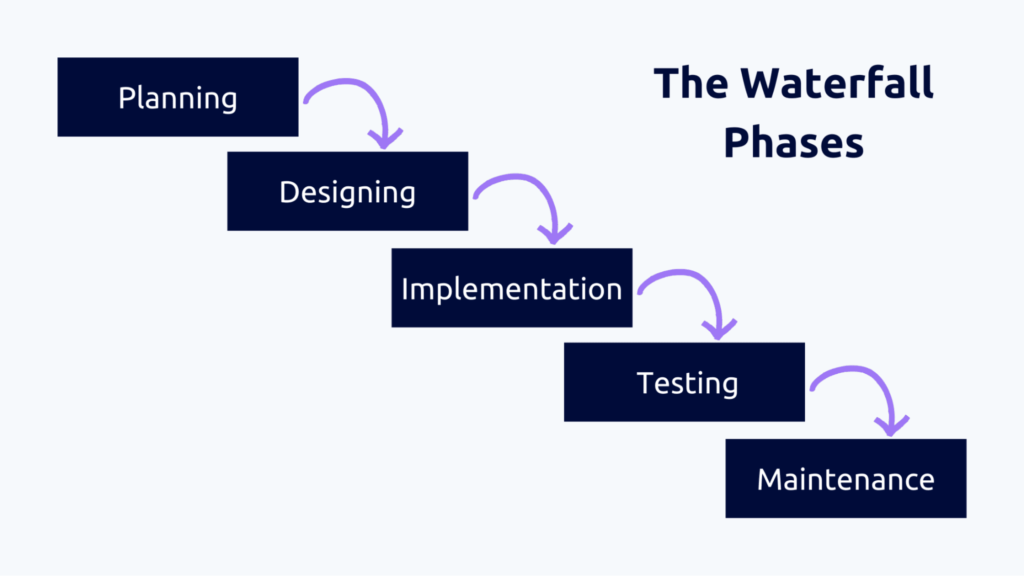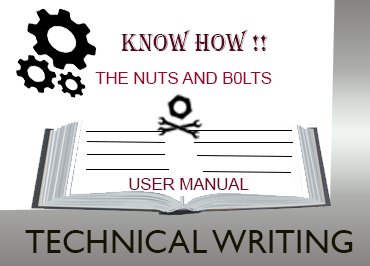Project managers are often judged on how well they present a project on time, on budget, and within scope. But when project decisions are driven by those judged on different criteria.; such as driving sales or hitting a revenue goal – those decisions can conflict with a trained project manager’s better judgment. As project management becomes integral to newer and varying industries, project managers can find themselves in situations where ethical issues may not have previously arisen.
These small to mid-size firms are generally inclined toward client-relationship-driven, and an account manager or salesperson is the spokesperson for operational decisions.
Furthermore, clients may be naïve about what is involved in their projects when new or specialized services are involved.
The goal of this page is not to explain definitions of ethics, as much has been written on this topic. Instead, this article will discuss the ethical conflicts that the project manager in professional services may present.
Ethics to Consider in Project Management

Workplace Culture
While today’s workplace environments usually are more respectful and socially accepted than a few decades ago, no organisation has completed its company culture. Project managers should be familiar with their company’s code of conduct and ensure that all employees, contractors, and business partners understand their expectations.
Health and Safety Concerns
Unfortunately, this pressure sometimes makes stakeholders ignore or conceal problems that might jeopardize the health and safety of project team members or the public.
While these problems are more likely to appear in the construction, health care, or manufacturing industries, project managers in every industry should be ready to grow the alarm whenever they see a potentially hazardous situation.
Challenge the Wrong Decisions
One should always feel that your patron is open to hearing your opinions about the project. Moreover, you are responsible for delivering this work on their behalf, and they owe you the time to listen to your choice if you think something is going off-piste.
Discuss with your sponsor why you feel like that. They may reverse you and go with what they want to do anyway, but you’ll have had your chance to stand for your point, and you may be able to induce them that an alternative path is better.
Never let the fact that someone is in a superior position to you stop you from speaking up when you have a legitimate rebel view and can present it articulately and professionally.
Use newly created assets.
If you recently started to work in project management at a new company, you’re likely to have a specific set of templates or ways of working at your old workplace. While you may have an efficient system based on the documentation you used previously, you’ll want to avoid using templates from an old workplace in your new one.
Your previous company worked hard to build a way of working that set it apart from the competition, so you’ll need to build on what you learned there and create new working templates for your future projects based on what you loved about the ones you previously used.
Speak up
As a leader in the project management field, you have an ethical role in standing up for what’s right. This means addressing unacceptable conduct in the workplace, including harassment, insulting behavior, or unethical decision-making about product representation.
Adhering to ethical values delivers saying something about a situation, even when it’s inconvenient or challenging. Doing what’s right isn’t always straightforward, but it’s essential for project managers.
Pay people what they are owed.
Many ethical issues in the modern workplace center around fair and equitable pay. To be ethical in project management, your team should always offer fair compensation for their work.
This doesn’t mean everyone receives the same compensation for their work, but they get a salary based on their experience level and the value they bring to the team. Asking your team for “favors” in free work is a real-world example of unethical behavior.
Background
To analyze ethical issues in professional services, it is vital to provide some background on the topic. When they mention the word ethics, one first head to think of “traditional” forms of dishonesties, such as bribery, falsifying costs, or blatant fraud. However, ethical dealings take other forms, and there are useless to many of them. In a climate of high-profile cases like scandals, ethics need to fill into business conversations.
The topic of ethics as it relates to project management has been building push in this climate.
People could become hurt or even die when ethical issues exist in construction or industries where health and safety are concerned.
The ethical issues that develop in professional services do not deal with life-threatening quality problems; most issues revolve around money, information sharing, taking advantage of a customer’s faith or naivety, and many more.
Take personal bias out of your management Method.
The importance of ethics as a project manager is evident: one must treat their team members equally. This means not playing favorites based on personal bias, such as who’s savvier to follow or go out to lunch with.
You can champion a team member above the rest only if their work ethic sets them apart and they’re an example of what other team members should strive for.
Avoid ethical dilemmas in project management by restricting the personal relationships the workers develop with their team; keep your workplace professional and focused on the common objectives.
Integrating ethics into project management is easier when working with the right tools. Tools that support communication, collect information about time and resources to backup invoicing, and automate processes to keep teams moving forward are helpful to your projects’ ethics and outcomes.
Notify your team about conflicts of interest
In a professional environment, it’s essential to be transparent when a conflict of interest occurs to avoid making self-serving decisions. Suppose a company you’ve invested in or someone you know personally is pitching to your workplace.
In that case, you have an ethical responsibility to remove yourself from the decision-making process and notify your colleagues or superiors of the situation.
Project Managers have a Wider Social Responsibility.
The point that needs to emphasize is that just like other professions such as Doctors and Lawyers.
The field of project management has a broader obligation towards society and the wider stakeholders, including consumers and other members of society.
Therefore, project managers cannot simply write off their responsibilities towards these stakeholders as another expense item and forget about it.
Instead, they must anticipatorily seek to follow ethical and normative rules of conduct at all levels of the project, starting with the bidding and completing the project handover.
Conclusion
To sum up, while following ethical norms might be challenging for project managers, one must remember that at the end of the day, “the softest pillow is a clear conscience,” Thus, being ethical and directive is an end in itself. Moreover, project managers should follow the rules and be honest in all interactions. Otherwise, longer-term sustainability and reputation would take a beating, and organizations take a considerable time before they recover from adverse situations. Thus, it is better to be safe than sorry in the long run.
FAQs
Ans: Ethics and ethical project and portfolio management depend on fairness to avoid the influence of personal bias in decision management. To remain ethical in project management, managers should emphasise process fairness rather than a “fair” result. Process fairness doesn’t affirm that everyone will like the outcome, but it means everyone on the team feels they have an option to offer input, their voices are heard, and all team employees are treated with respect.
Ans: A real-world example of a code of ethics is a company’s Confidentiality and Privacy policy. This means an organization must protect an individual’s personal information and not disclose it to another entity for personal gain or without the individual’s permission.
Ans: Confidently approaching projects and knowing you have the resources to execute them can help your teams get more done. But one must link that productivity with ethical business practices to stay competitive in modern markets.
From templates and communication tools that keep your teams on track to automation that helps you save time for the client, Henry Harvin offers everything you need for ethical, productive project management.






Recent Comments